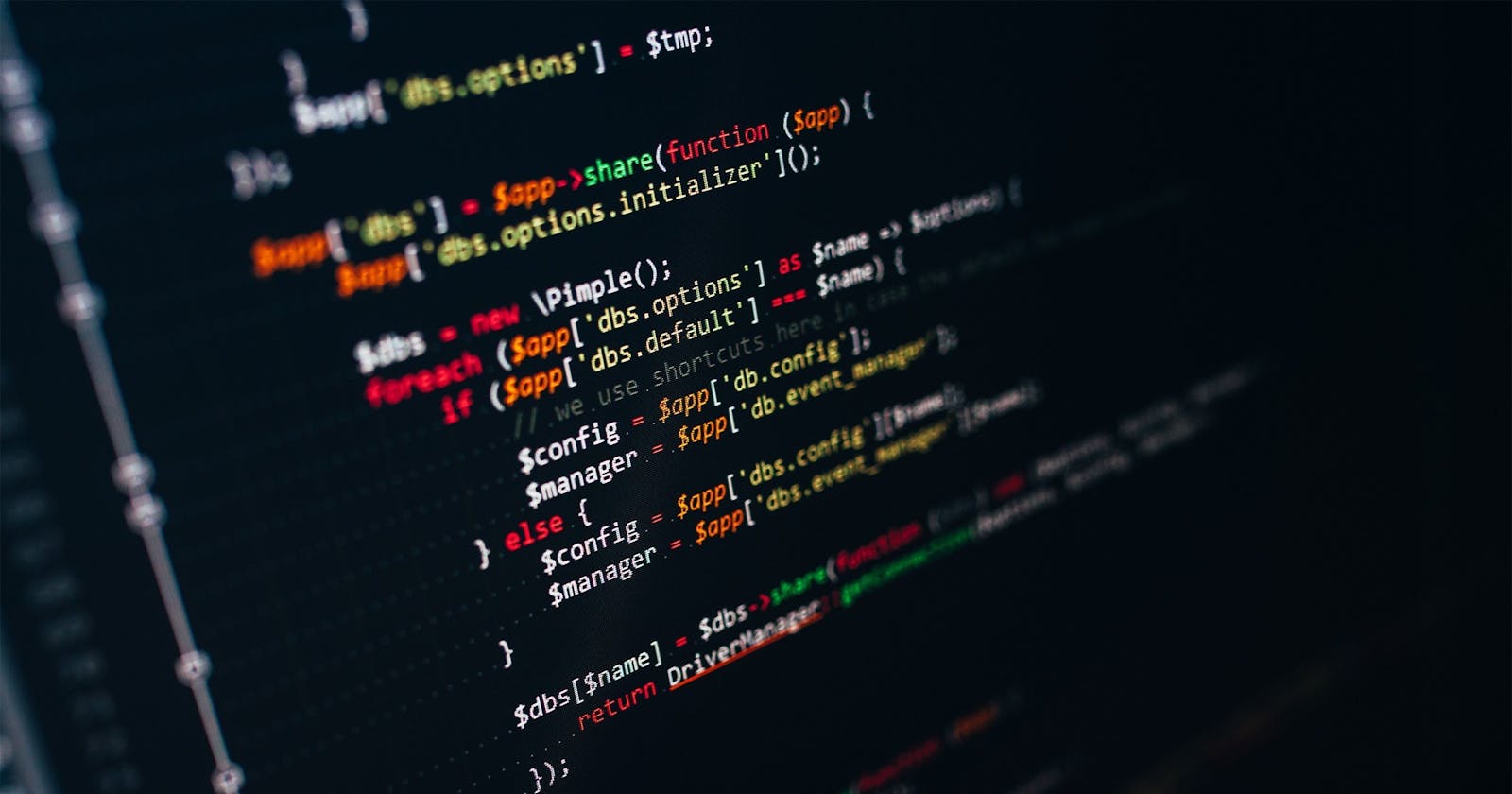The Top 5 Programming Languages to learn for Beginners in 2023
The best Programming Languages for newbies in 2023
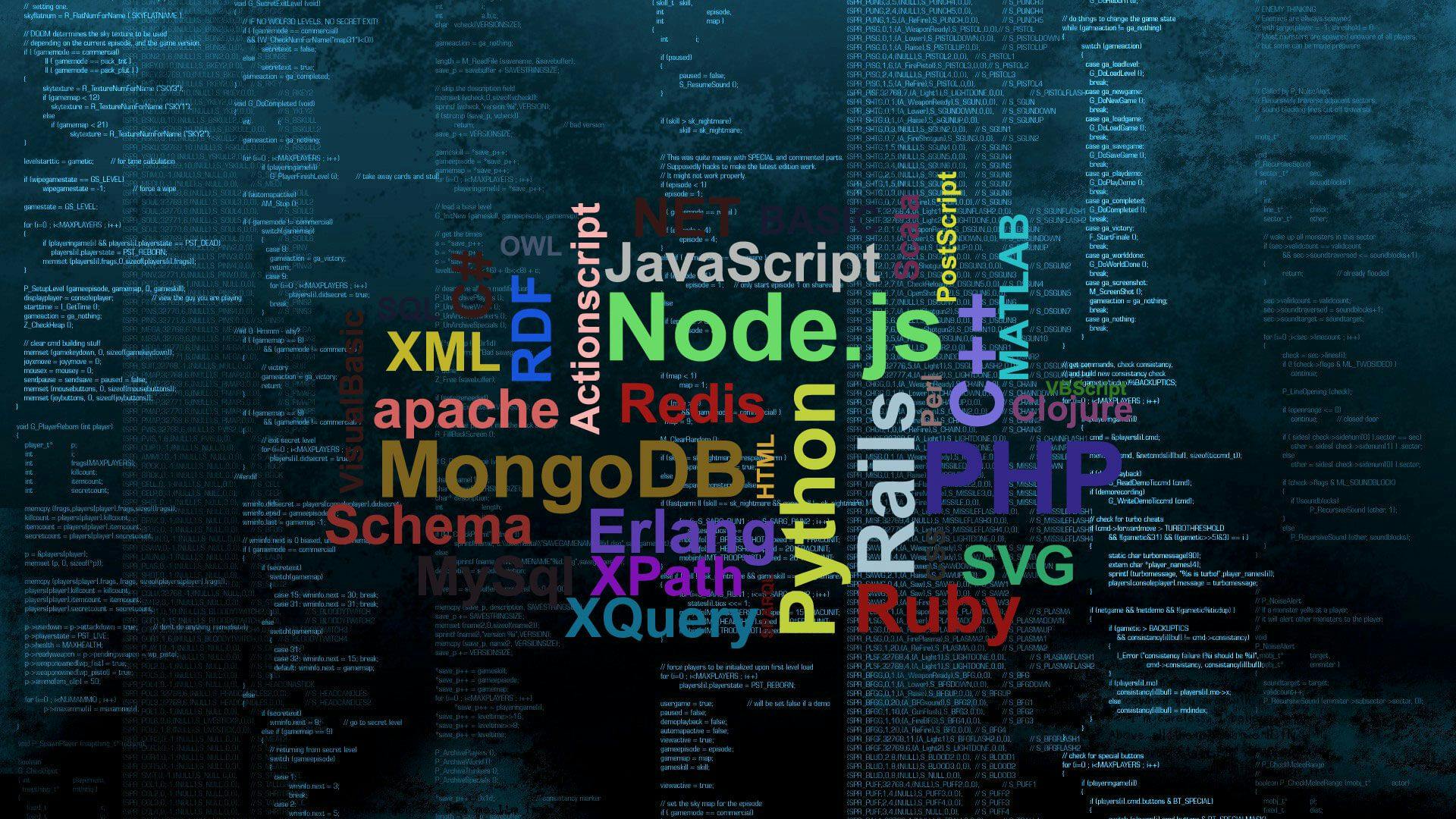
If you want to learn to code for your development, for your career or rather you want to learn it for the betterment of yourself, you have to be consistent and have to choose a single language from where you can start.
It might be hard for a beginner how to decide their first language. The first language you will learn will be determined by your goals, your needs. So learn languages with your goals in mind.
These are the top 5 Programming Languages you can learn
1. JavaScript
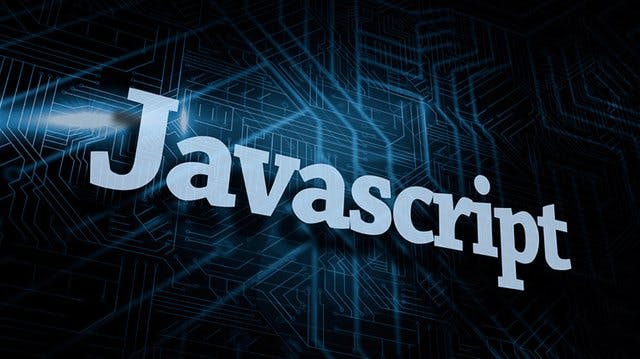
JavaScript (JS) is a first-class programming language that is lightweight, interpreted, or just-in-time compiled. While it is best known as a scripting language for Web pages, it is also used in many non-browser environments such as Node.js, Apache CouchDB, and Adobe Acrobat. JavaScript is a prototype-based, multi-paradigm, single-threaded, dynamic language that supports object-oriented, imperative, and declarative programming styles (for example, functional programming).
Runtime object construction, variable parameter lists, function variables, dynamic script creation (via eval), object introspection (via for...in and Object utilities), and source-code recovery are all dynamic capabilities of JavaScript.
2. Python
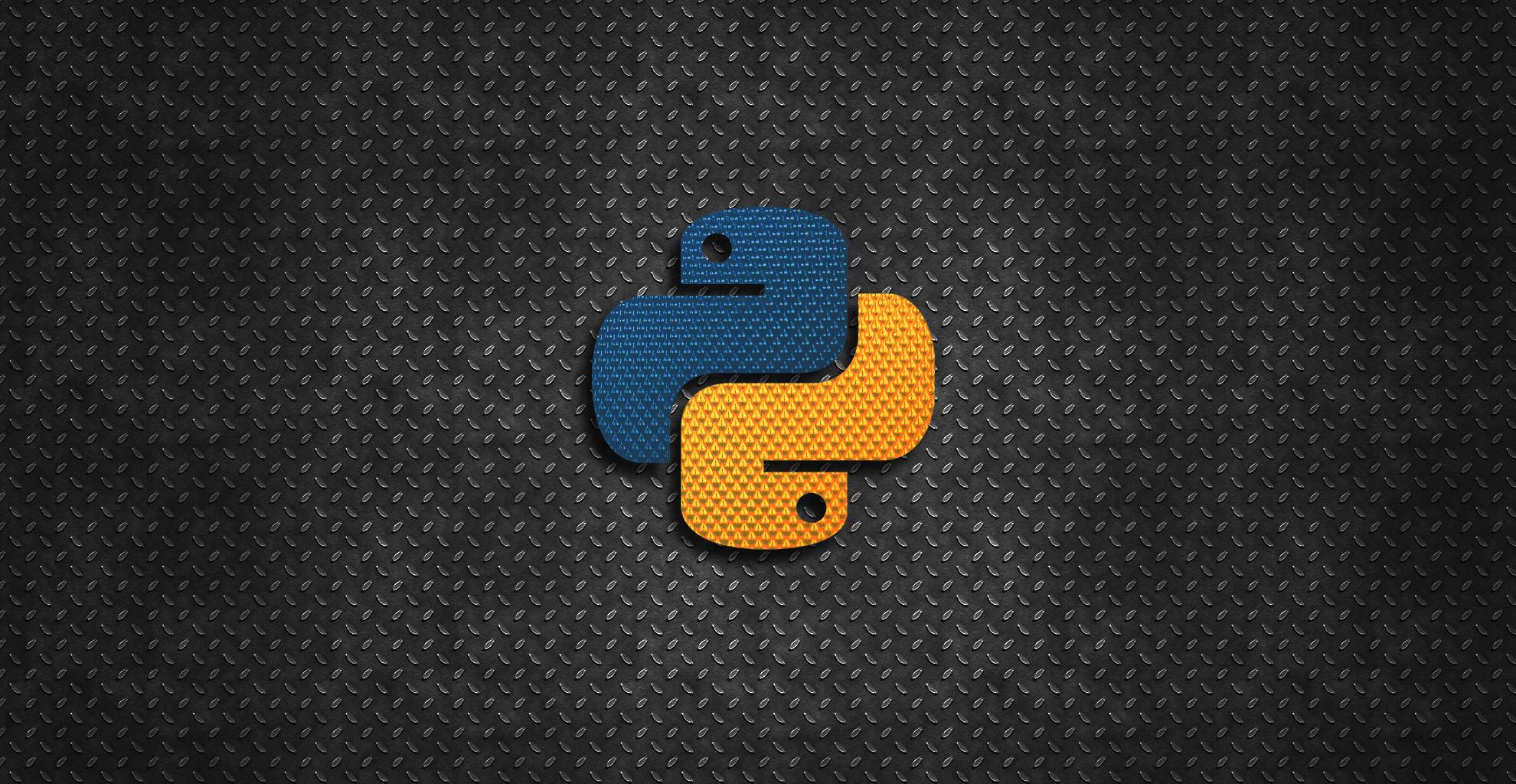
Python is an object-oriented, high-level programming language that is interpreted and also has dynamic semantics. Its high-level built-in data structures, combined with dynamic typing and dynamic binding, make it very appealing for use as a scripting or glue language to connect existing components together. Python's simple and direct syntax emphasizes readability, lowering the cost of programme maintenance. Python encourages programme modularity and code reuse by supporting modules and packages. The Python interpreter and extensive standard library are free to download as well as distribute in source or binary form for all major platforms.
Python is frequently adored by programmers due to the increased productivity it provides. The edit-test-debug cycle is extremely fast because there is no compilation step. Debugging Python programmes is simple: a bug or incorrect input will never result in a segmentation fault.
3. Dart
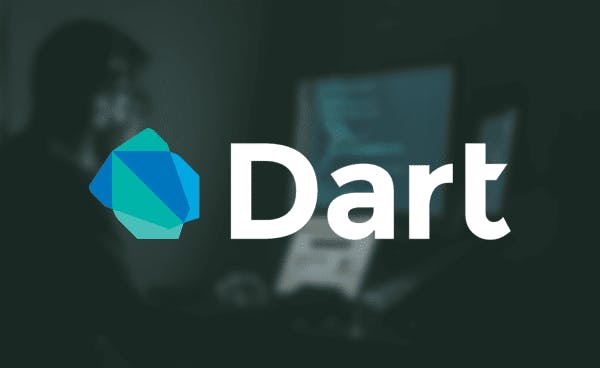
Dart is a client-optimized programming language for creating fast apps on any platform. Its goal is to provide the most productive programming language for multi-platform development, as well as a versatile execution runtime platform for app frameworks. Dart is built for a technical envelope that is ideal for client development, prioritising both development (sub-second stateful hot reload) and high-quality production experiences across a wide range of compilation targets (web, mobile, and desktop).
Dart is the programming language and runtime environment that powers Flutter apps.
4. Rust

Rust is a general-purpose programming language that supports multiple paradigms. Rust places a premium on performance, type safety, and concurrency. Rust enforces memory safety—that is, that all references point to valid memory—without the use of a garbage collector or reference counting, which are required in other memory-safe languages. Rust's "borrow checker" tracks the object lifetime of all references in an initiative during compilation to enforce memory safety and prevent concurrent data races. Rust is widely used for system programming, but it also has high-level features such as functional programming constructs.
Solana has first class support for the Rust programming language. When making cross-program invocations, Solana Rust programmes may rely directly on each other to gain access to instruction helpers.
It may be difficult to learn at first, but once you've mastered it, you'll probably never go back. Rust has long been regarded as the most popular programming language.
5. Solidity
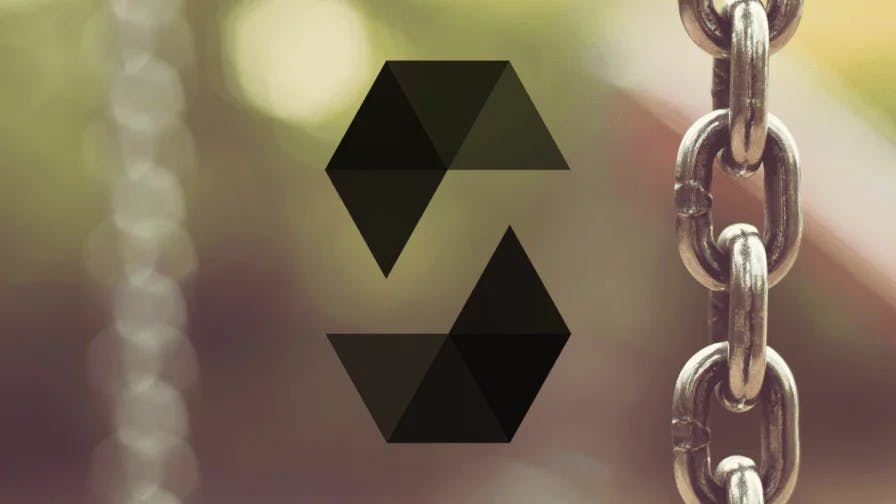
Solidity is a high-level object-oriented programming language used to implement smart contracts. Smart contracts are programmes that govern the behaviour of Ethereum accounts. Solidity is a curly-bracketed programming language aimed at the Ethereum Virtual Machine (EVM). C++, Python, and JavaScript have all influenced it. More information about the languages that influenced Solidity can be found in the language influences section. Among other things, Solidity is statically typed and supports inheritance, libraries, and complex user-defined types. Solidity allows you to create contracts for a variety of purposes, including voting, crowdfunding, blind auctions, and multi-signature wallets.
Conclusion
These are a few programming languages suitable for beginners. These are the best options if you are starting a career in blockchain, studying, or looking for a job.
I hope you found this article interesting.Follow me on Aniket Das for upcoming fantastic articles.
You can connect with me on Twitter
